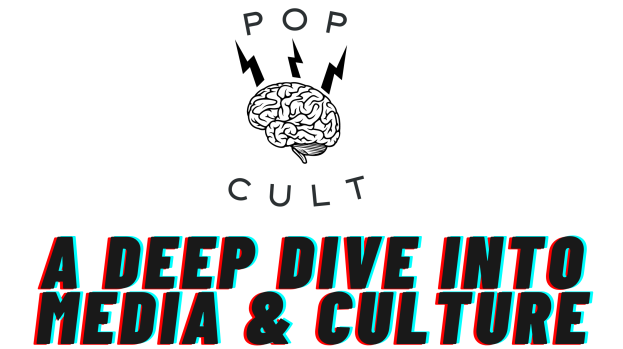
The Quiet Earth (1985)
Written by Bill Baer, Bruno Lawrence, and Sam Pillsbury
Directed by Geoff Murphy
The Last Man on Earth trope is a prevalent one in popular science fiction, being the fodder of the Twilight Zone multiple adaptations of Richard Matheson’s I Am Legend and even a Fox television series. There’s the old scary story “The last man on Earth sat alone in a room. There was a knock on the door.” This is the foundation on which The Quiet Earth is built, exploring what it would be like to exist as the last member of your species, knowing that with your end, so goes all memory of your civilizations.
On July 5th in New Zealand, Zac Hobson wakes up after a jarring vision of the sun and a red light surrounded in darkness. Hobson was part of an international science consortium called Project Flashlight experimenting with creating a global energy grid. As Hobson explores the city, he finds a total absence of life, human or animal. Over the next few weeks, Hobson goes through a series of psychological and emotional ups and downs, reveling in the total freedom of existence yet then breaking down at the thought of eternal solitude. He takes over a mansion to live the high life but then goes about trashing the place. Eventually, he settles into a lovely seaside home, regimenting his life and monitoring the planet’s physical nature with a networked computer, hoping to determine what is going on. And then the metaphorical knock on the door happens.
I was surprised at the light moments provided despite such a heavy topic. The story is changed drastically from the novel it’s based upon, which is much darker than the film. The picture does a great job of spending moments exploring Hobson’s mindset going through the realization of what life will be like in this new empty world. He does the sort of things we all would likely do in such a situation. No manufactured product is unavailable to him, but these things lose their luster very quickly. Hobson also is forced to grapple with his own role in making this happen as well as pondering if everyone is gone or that it has simply been shunted into another universe.
In the second half of the film, Hobson learns he isn’t entirely so alone, and that’s when the story turns darker. We start to see how quickly even the smallest group of humans turns on each other. Issues of sex, gender, and race manage to crop up even when those ideas seem the most absurd to continue being propagated. Mistrust and jealousy rear their heads, and it all seems to be downhill from there. If the movie’s conclusion feels abrupt and jarring, that’s because there really isn’t another way to with this story. The only reasonable path completely throws us for a loop and posits a whole host of new questions.
And that final scene. It has become something familiar even to a lot of people who have never seen the film. I had seen the ending for years popping up on YouTube, but this was my first time viewing the whole picture. It is a gorgeous piece of old fashioned matte painting, but it hints at a larger cycle happening. We begin to question where the beginning and the end of things really are, if they even exist. The less said about The Quiet Earth, the more enjoyable I think your viewing will be. It’s a piece of New Zealand cinema that reminds us of what great filmmakers have hailed from that country for decades.

2 thoughts on “Movie Review – The Quiet Earth”